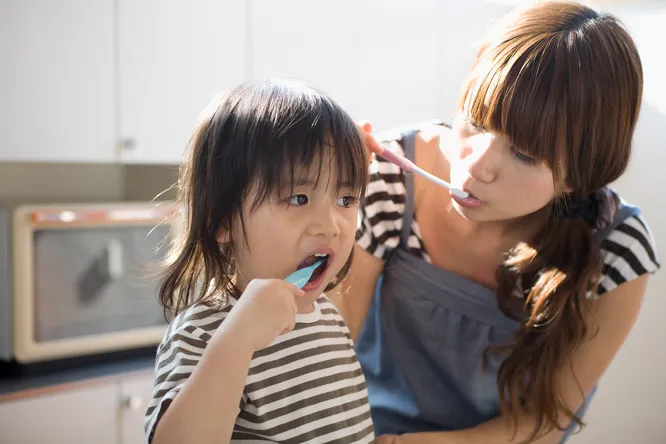
The Japanese hamigaka tooth brushing technique: maybe that's why they get sick less
0
How many times a day do you brush your teeth? Most likely, two, in the morning and in the evening. The Japanese believe that this is very little. They even have their own national method of brushing their teeth called hamigaki.
Hygiene among the Japanese has been reduced to a cult. People here wash very carefully, take a shower together with a bath, and brush their teeth several times a day, after each meal. A Japanese person who smells bad is nonsense. They believe that cleanliness is the key to health.
What is hamigaki
The Japanese learn to brush their teeth from an early age. Therefore, brushing teeth together with parents is often one of the earliest memories of every Japanese resident. They even believe that this procedure strengthens family relationships.
So that you understand how awe-inspiring the Japanese feel about such a banal hygiene procedure, watch videos on YouTube where parents teach small children.
Lessons at school
That's not all. And suddenly one of the parents has brushed his teeth incorrectly since childhood, or forgets to teach the child to hygiene? On this occasion, in Japan, children brush their teeth after every meal at school. The whole class. Under the sensitive guidance of the teacher.
Do you think hamigaki are some special moves that the Japanese know that we don't? Nothing like. Everything is the same. The difference is only in the thoroughness of execution. It is difficult, of course, to make younger schoolchildren fanatic about such a subject as brushing their teeth. But the Japanese decided here too: they created several themed children's songs.
They brush their teeth even in a restaurant
It's no wonder that with this kind of upbringing, most Japanese adults brush their teeth after every meal. It doesn't matter where it happens, at home or in a restaurant. And that's why they carry special “combination brushes” with them. Guests of the country are often surprised when they enter the toilet of a restaurant and find a Japanese person concentrating with a brush in his mouth. , wash their hands. But that's not all. In addition, they always rinse their mouths when they return. Japanese stores even sell special products for this. And they also sell lollipops in every store that help remove bad breath.
And the icing on the cake is perfume in pills invented by Japanese scientists. They also work as a flavoring agent, but only act from the inside of the body. The pleasant but unobtrusive aroma of aromatic oils is released through the pores. This product is believed to be harmless.
What kind of brushes and paste do they have
If you go to a Japanese shop that sells toothbrushes (haburashi), your eyes will go wide. The oral hygiene-obsessed Japanese have so many varieties that you can get lost.
However, most of them are noticeably different from those we are used to brushing our teeth with. They have more compact dimensions and better maneuverability. And, most importantly, very soft and small bristles, which help to clean teeth better and at the same time, carefully. And they don't hurt the gums.
As for toothpaste (also called hamigaki), there are more than one and a half million brands of it on the counters of Japanese retail outlets! It is difficult for us to even imagine how these brands can differ from each other, but if they exist, then there is a demand for them.
Teeth and heart
Japan is one of the three countries (together with Korea and France), which has the lowest rate of cardiovascular disease in the world. Ask what is the connection between the teeth and the heart? Current research shows that poor dental health, gum disease, and bacterial infections in the mouth are associated with an increased risk of heart disease.
Perhaps the hamigaka technique is one of the reasons why so many people in Japan live long to old age, and the average life expectancy in this country (84.5 years) is the highest in the world.



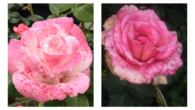

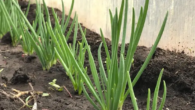

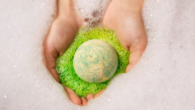
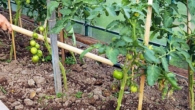
Leave a Reply